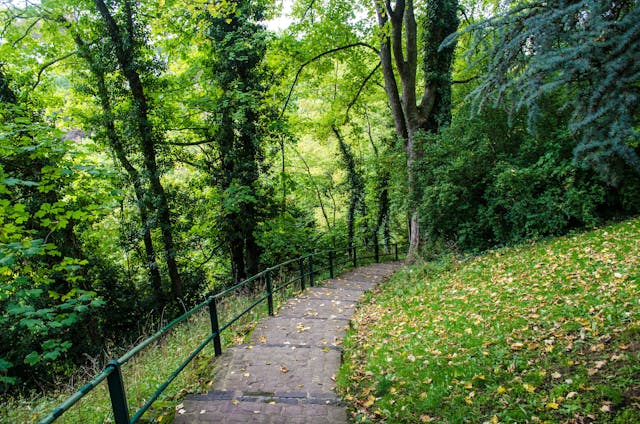Prince Guillaume becomes Grand Duke.

AFP
On Friday, Luxembourg will officially bid farewell to the Henri era, which ruled for a quarter of a century, and welcome a new monarch. The 70-year-old Grand Duke abdicated in the presence of royal guests from the Netherlands and Belgium before his eldest son, 43-year-old Crown Prince Guillaume, took the oath of office in parliament to become the seventh monarch of the Nassau-Weilburg dynasty, which has ruled the country since 1890.
The change of power took place in an atmosphere of solemn protocol. After ceremonies in the palace and parliament, the new Grand Duke, together with his wife Stéphanie, a native of the Belgian noble family de Lannoy, will go out to the people in the historic centre of the capital. Colourful processions, concerts and receptions are expected, culminating in a gala dinner with French President Emmanuel Macron and German President Frank-Walter Steinmeier.
Guillaume, a graduate of Britain's Royal Military Academy Sandhurst and holder of a double diploma in political science and arts from the University of Angers, has been preparing for his role for a long time. Unlike his father, he studied in Luxembourg's mainstream schools, which, as Prime Minister Luc Frieden notes, brings him closer to society and gives him an open mind.
Guillaume's family life also emphasises continuity and modernisation. His marriage in 2012 to Stéphanie was a national event. Today, the couple have two children, five-year-old Charles and three-year-old François.
Experts do not expect a dramatic change in the role of the monarch: the Grand Duke still fulfils mainly representative functions and approves laws. But according to Belgian historian Patrick Weber, with the Cuban roots of his mother Maria Teresa, a "warmer, Latin style" can be expected in Guillaume's character.
Henri explained his decision as a "desire to slow down" and regain "some of his freedom". His departure marks the end of a quarter of a century of stability, while Guillaume's accession to the throne symbolises the renewal of the monarchy in a country of only 680,000 people but with a disproportionate role in Europe.
The celebrations will continue until Sunday, turning Luxembourg into an arena where tradition, dynastic continuity and modern societal expectations come together.





